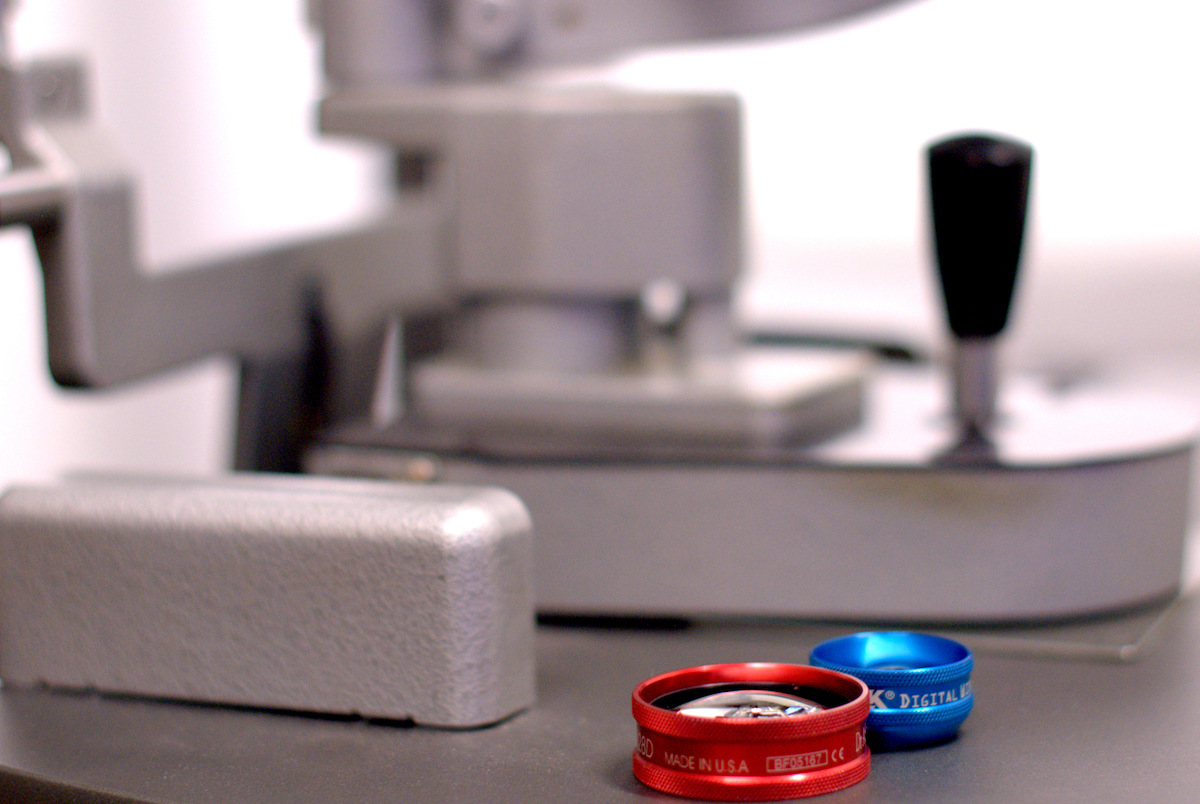What are Cataracts?
The lens of the eye is normally transparent. If a cloudy area develops in the lens, it is called a cataract. Vision gradually worsens as light passing through the cataract is decreased and scattered.
Early on, you may have glare and sensitivity to bright light. As the cataract continues to worsen, haloes may appear around lights, and your vision becomes blurred, hazy and foggy.
Cataracts develop as a normal part of aging. They usually develop slowly and at a different rate within each eye. Some years may pass before the cataract interferes with vision enough for a person to seek expert advice. By the age of 70, nearly every-one has some degree of cataract formation.
Diabetes, various eye diseases, eye injury or excessive exposure to ultraviolet light may cause cataracts earlier.

How do you fix it?
Surgery is needed to remove the cloudy lens and replace it with a permanently implanted artificial lens, called an intraocular lens (IOL). This transparent plastic disc has a similar shape to the natural lens.
At our facility, we have special lenses from leading companies that can be specifically tailored to your eyes. Dr Sharma will go through the latest safe options available currently.
Complex Cataract Surgeries
Your specialist cataract surgeon may require input and surgery by Dr Sharma, a retinal surgeon. We do both regular cataract surgeries, as well as the complex secondary surgeries for cataracts, in patients who have already had cataract surgery.
The common reasons for a second surgery are if your eye had especially dense cataracts, or if there was poor support inside the eye for the standard intraocular lenses, and the lens inside your eye has ‘slipped’.
Unfortunately these problems can often only be identified during the surgery (intra-operatively). These types of cataracts, or slipped lenses, generally require special lenses to be ordered that suit your eye, and require a more difficult procedure to put these lenses in.
Dr Sharma is especially trained and experienced in Complex Cataract Surgeries.
What are the risks with cataract surgery?
Cataract surgery is a safe procedure, but as with every surgical procedure, there are some risks associated with surgery. Some uncommon risks are temporary and resolve over time, require medications or potentially another procedure:
- Elevated eye pressure (glaucoma)
- Clouding of the cornea, the clear layer of the eye
- Bleeding inside the eye
- Cataract, which might require eventual or early removal of the lens
Rarer but more serious, vision-threatening risks include:
- Retinal detachment – 1:100-500
- Infection inside the eye (endophthalmitis) – 1:1000
- Total loss of vision, shrinkage of the eyeball (phthisis) – 1:10,000
Dr Sharma will discuss the surgery in detail with you. Please let us know of any previous medical history, and questions or concerns you might have.

